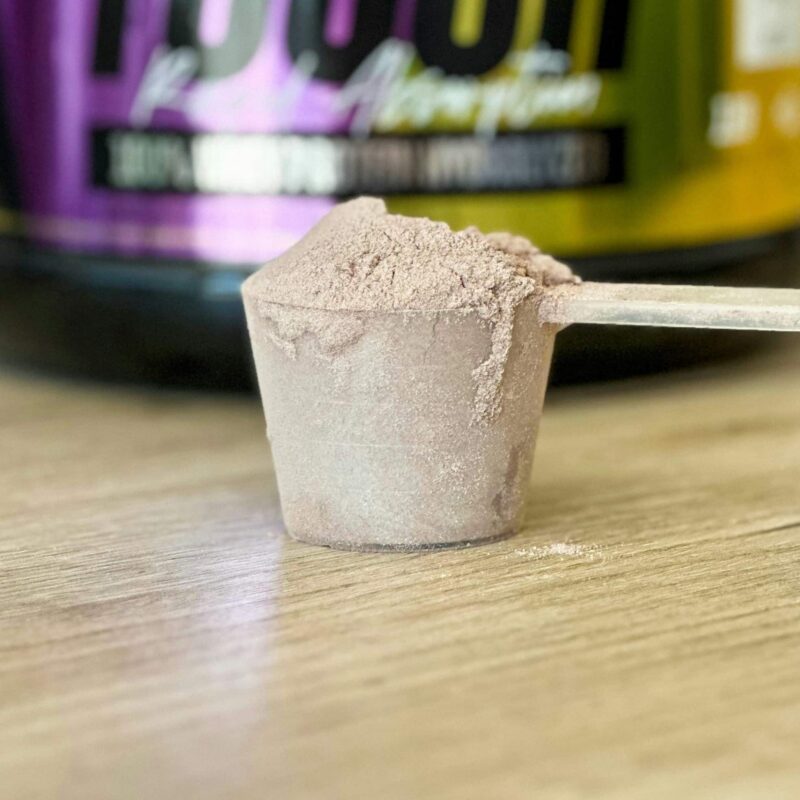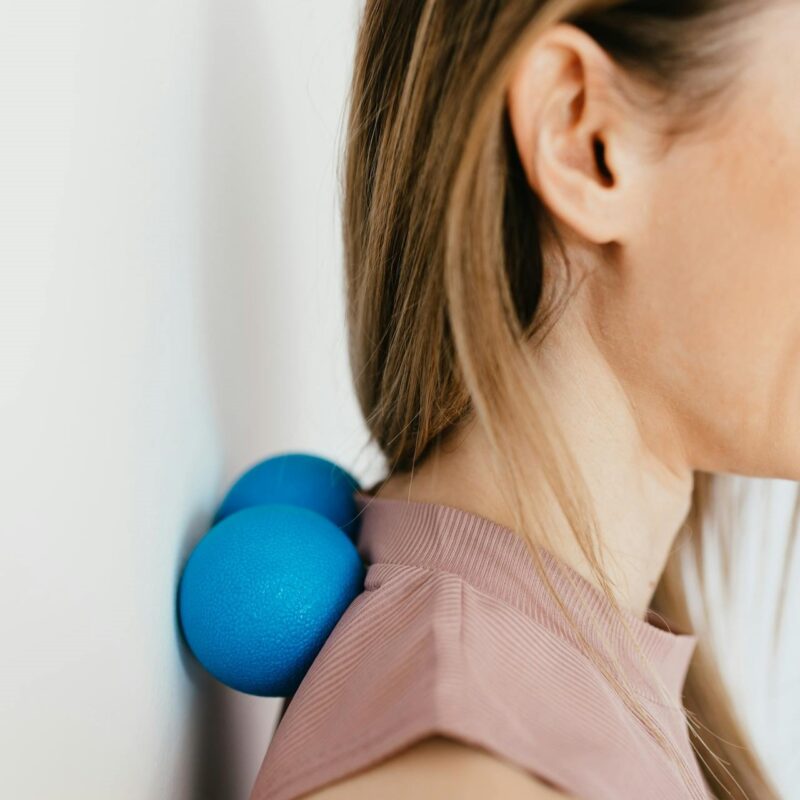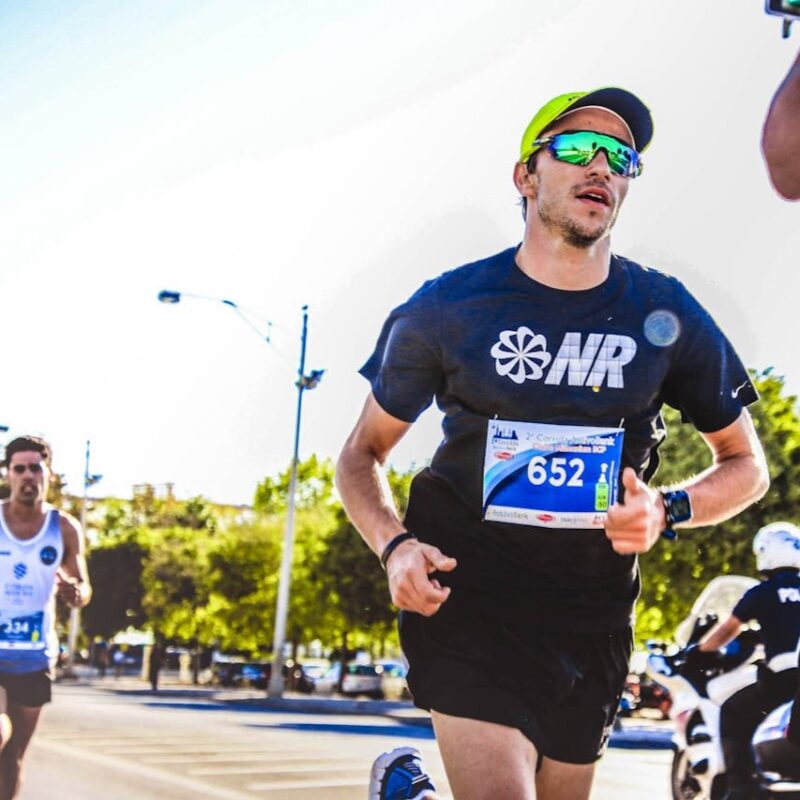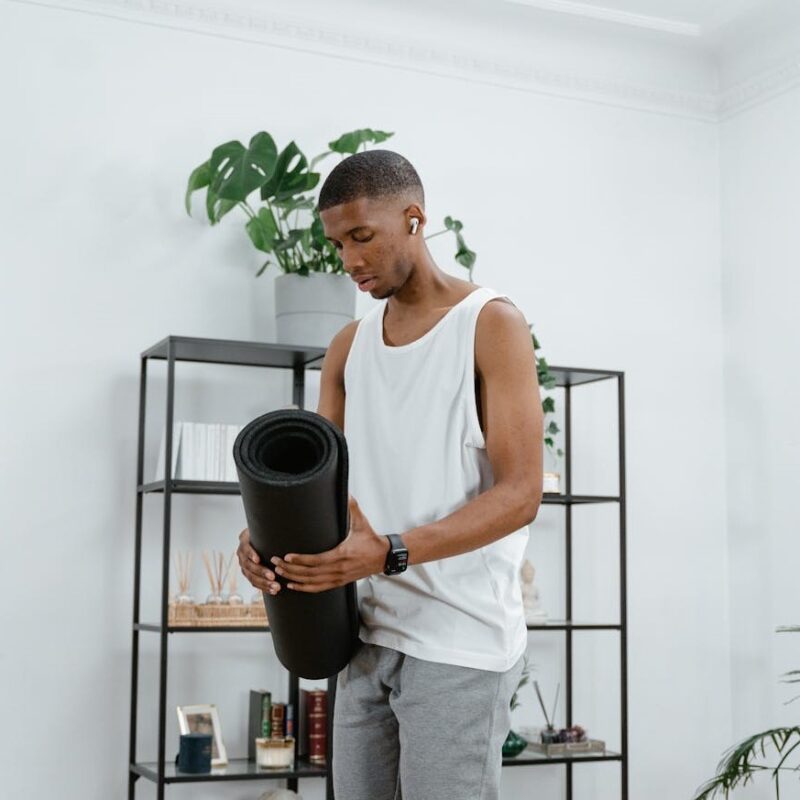
Blog
How Can Protein Make Fasting Easier? 5 Amazing Ways!

Fatigue.
Low energy levels.
Hunger.
All of these sound familiar in Ramadan. If you’ve been experiencing these while fasting, you’re not alone. These are common symptoms in Ramadan because our eating habits change. But, the real reason behind these symptoms is our lack of proper care in eating.
While Ramadan is a time to reflect on our Deen, we need to understand that physical health isn’t something you should compromise.
Fitness enthusiasts also become even more conscious as their workout routines change this month.
But the thing is, you shouldn’t worry about it. Eating right during Suhoor and Iftar can solve almost all the problems you face while fasting.
The first thing to focus on is PROTEIN. While we consume the carbs and fats through those oily parathas and fruit chaat, we don’t include protein in our diet.
Do we really need protein in Ramadan?
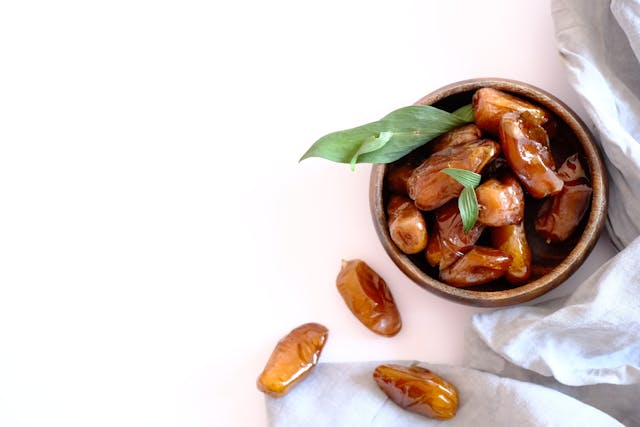
Well, yes.
We need protein in our regular diet. So, how can we not consider it in Ramadan?
It’s true that protein isn’t the first source of energy for the body. But when we’re already facing low energy levels while fasting, a protein shake can boost your energy and give you that kick to perform your regular tasks.
So, don’t only keep your focus on samosas and pakoras, and make sure your diet also includes protein to keep a balance. As we also skip meals while fasting, our body tends to be deprived of the essential vitamins and nutrients we often get from foods. In this case, having protein from other sources, like protein shakes, can be beneficial.
Want to know how protein can make fasting easier and how much of it you need?
Keep reading to find out.
Here’s how protein can make fasting easier in Ramadan
While protein powders have their benefits, here’s how protein can make fasting easier during Ramadan.
Protein is a great source of energy
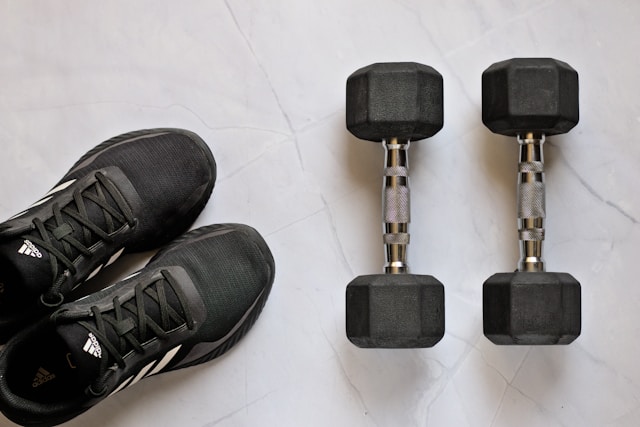
Although protein isn’t the first energy source, our body tends to run towards protein when it has already utilized fats and carbohydrates. That is why protein is an essential macronutrient, and just because it isn’t utilized first doesn’t mean it’s not important.
In fact, after all the carbohydrates are used, the body will use the protein molecules to provide you with energy while fasting. To prevent fatigue and low energy levels, make sure you have enough protein the body can use later during the day.
While protein shakes are a great source, you can incorporate other protein-rich foods into your diet. These can include chicken, eggs, etc.
However, the best idea is to divide these protein portions between Suhoor and Iftar so your body isn’t deprived of protein for the rest of the day.
Protein shakes are easy to make
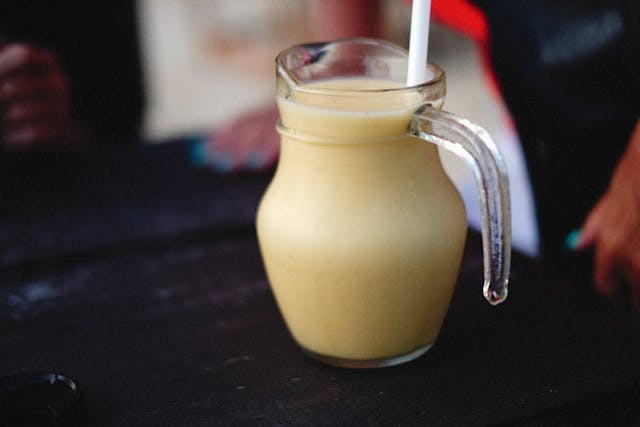
If you’re running out of time during Suhoor and the food isn’t ready yet, a protein shake will come to your rescue.
Thus, protein shakes can make fasting easier with their quick recipe. Just add the powder and milk to a blender and mix it. Your protein shake is ready.
So, a protein shake can be a great snack for Suhoor, especially for those who wake up late and don’t have time to cook.
Protein shakes suppress hunger
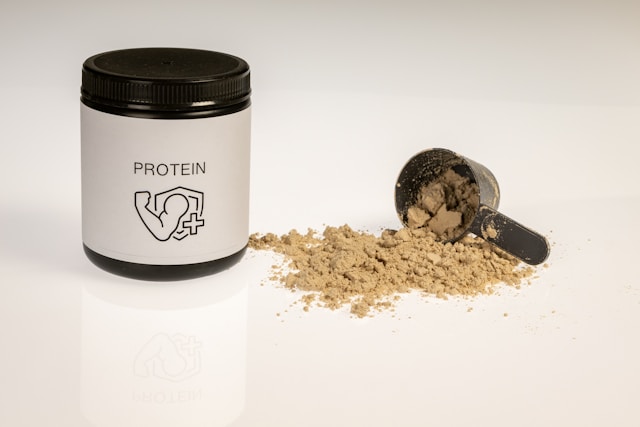
The best quality of protein shakes that make them ideal for fasting is their ability to make your stomach feel full.
Especially when milk is used as the base liquid, protein shakes suppress hunger for a long time. This ability is useful during Ramadan because we’re not eating for the most part of the day. To compensate for our hunger later in the day, this protein shake will be of great help.
Protein fuels energy for workouts
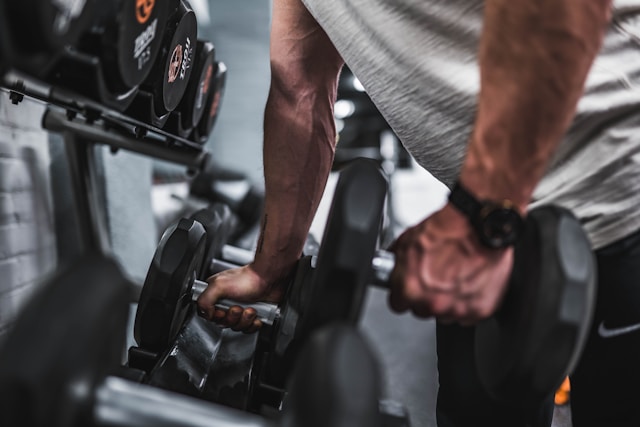
Well, a protein shake is definitely a gym-goer’s best friend.
But if you can’t find the energy for a workout during Ramadan, a protein shake won’t leave you here, either. While protein shakes make fasting easier, they can also help you stay on track with your fitness.
As we already know, the primary purpose of a protein shake is to help with muscle recovery and provide energy. You can definitely have a protein shake to get that energy for your workout.
In this case, your protein shake intake should align with your workout routine. For example, if you plan to work out after Iftar, you can have the protein shake at Iftar and work out at least two hours later. This way, your body will build enough energy to fuel your exercise.
Protein powders help manage weight during Ramadan
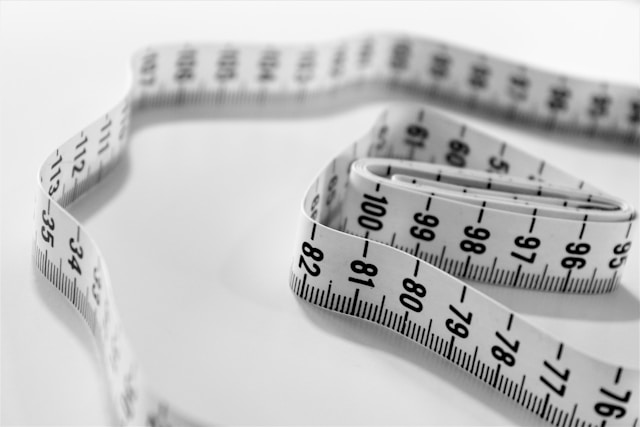
Are you afraid of eating pakoras and samosas for the fear of gaining more weight?
Well, if you have the right and balanced diet, you can still manage weight and flaunt your look on Eid.
However, if your goal is to lose weight in Ramadan, your protein shake should have water as the liquid base. With its satiating ability, you won’t be eating too much in Iftar and later. Thus, combined with a healthy exercise routine, you will be able to manage your weight.
Also, one amazing fact about protein is that our body does not store protein like carbs and fats. This means that the protein we consume is used by the body during the various metabolic processes. So, you don’t have to worry about the protein being stored in the body and causing weight gain!
Take-away message
Consuming protein in your Ramadan routine is a great way to stay healthy during this blessed month.
Apart from satiating hunger and providing energy to make fasting easier, protein shakes fuel your Ramadan workout routine by helping in muscle recovery.
While we can consume most of this protein through whole foods, including supplements like protein shakes during Ramadan is still a good idea because we’re skipping meals during the day. So, a protein shake will help you stay on track with your fitness routine during Ramadan.

